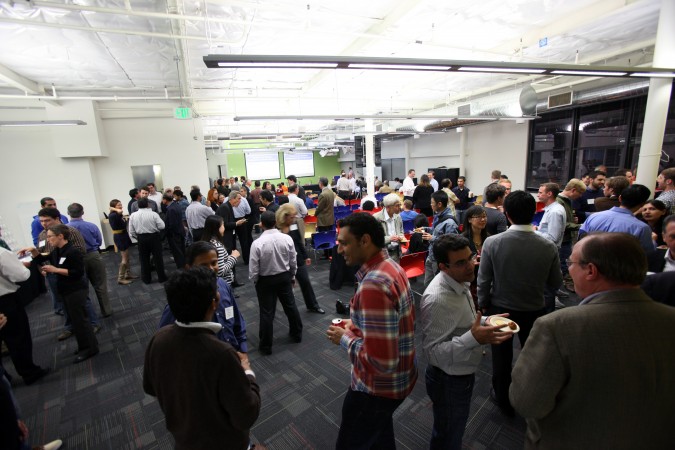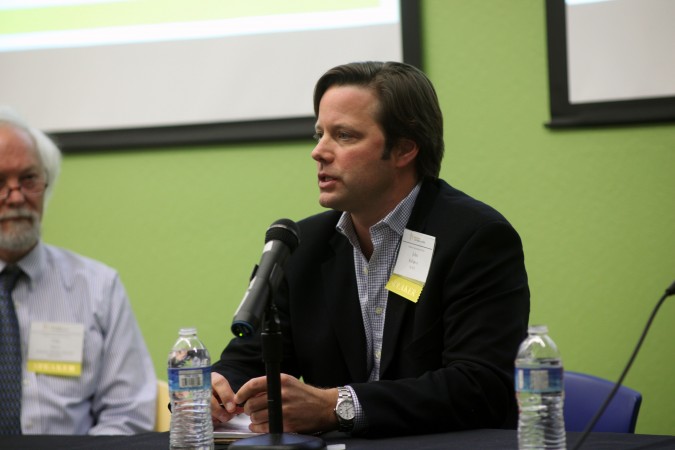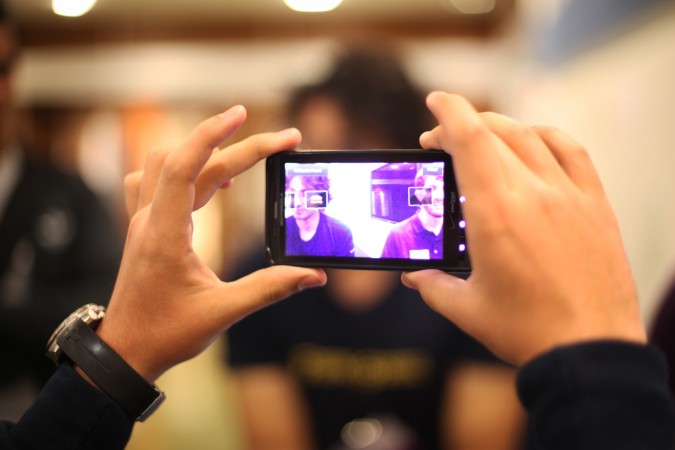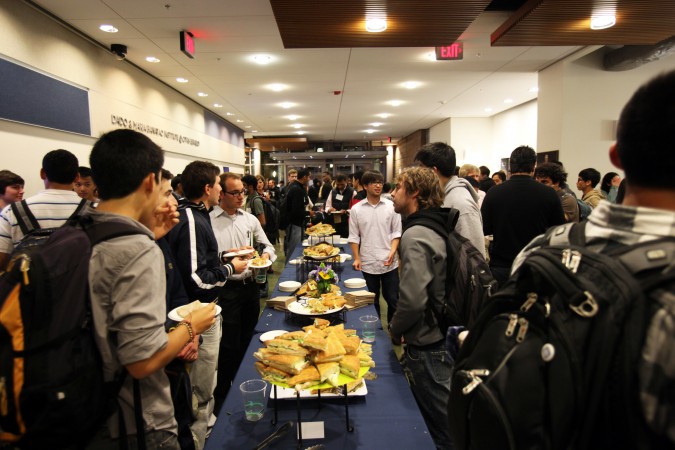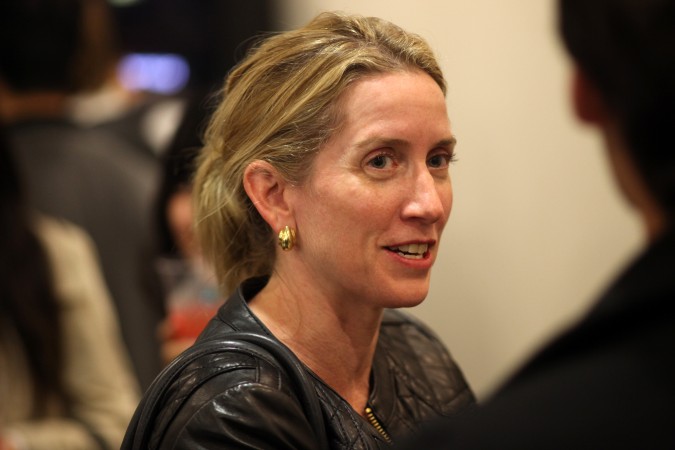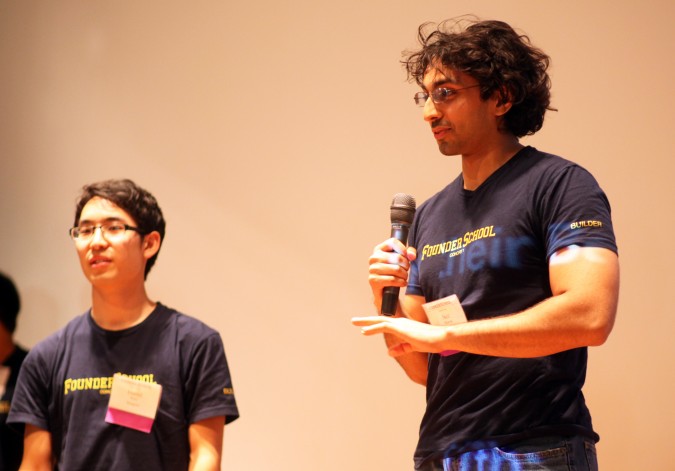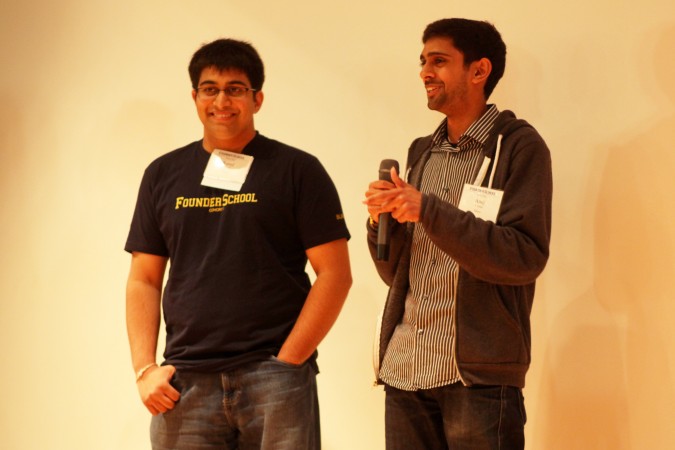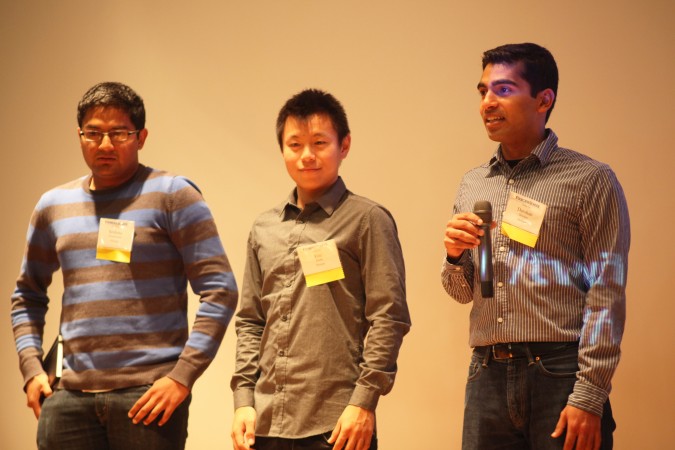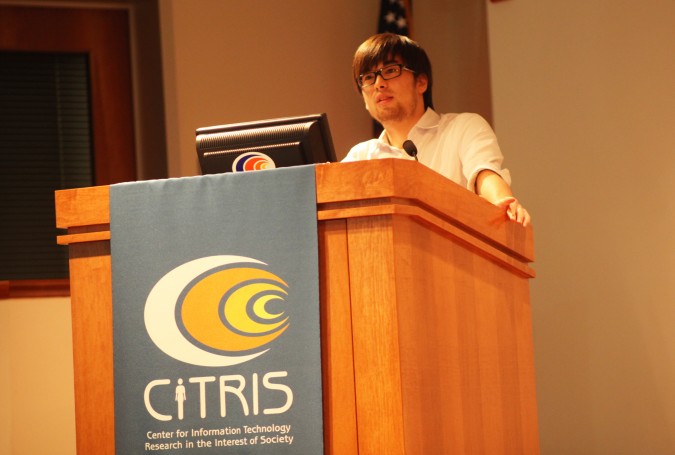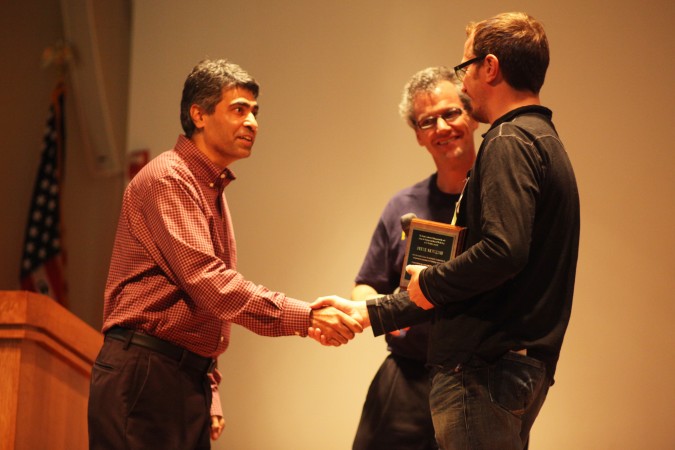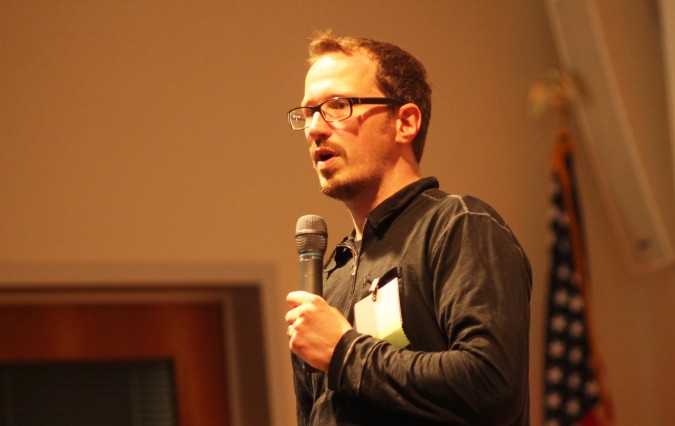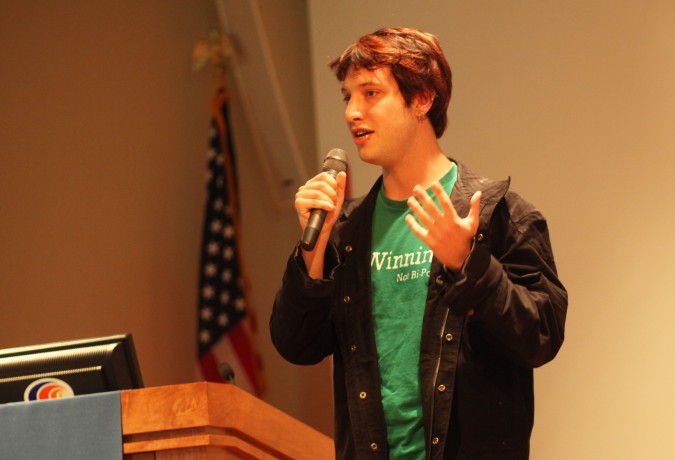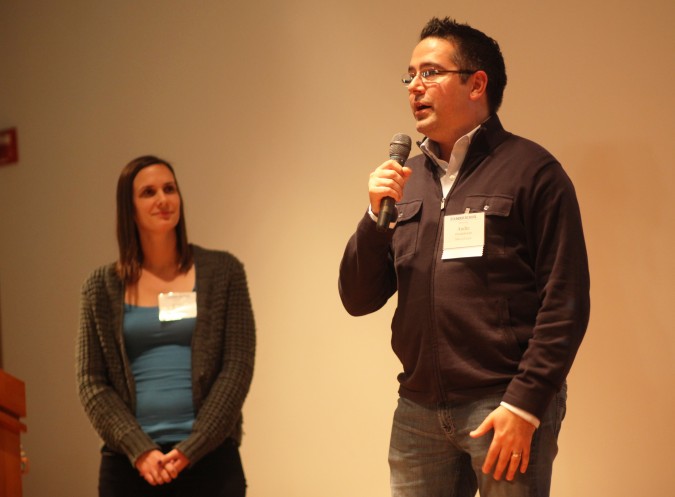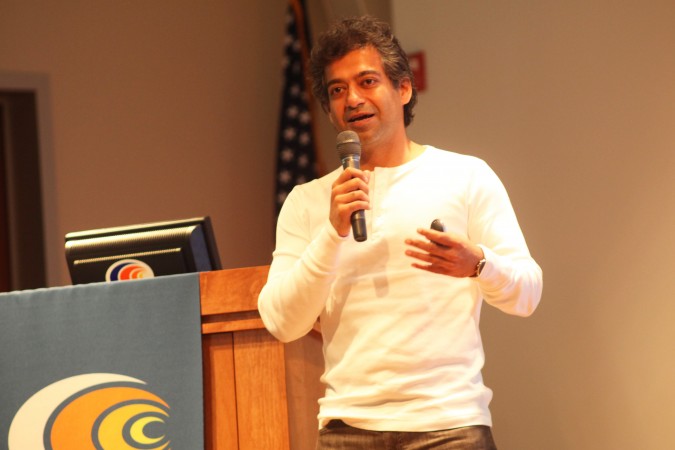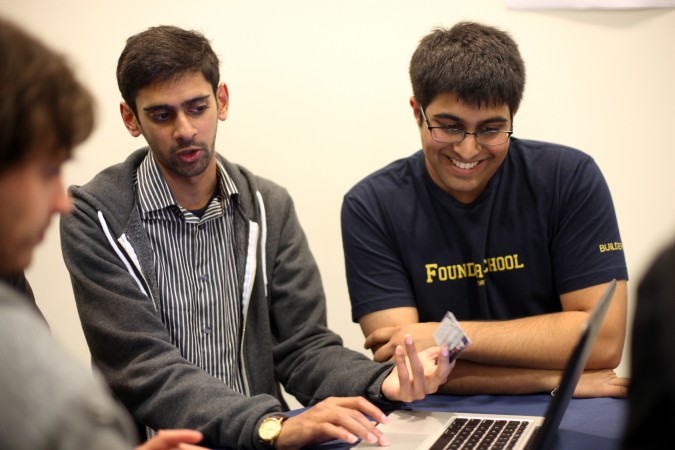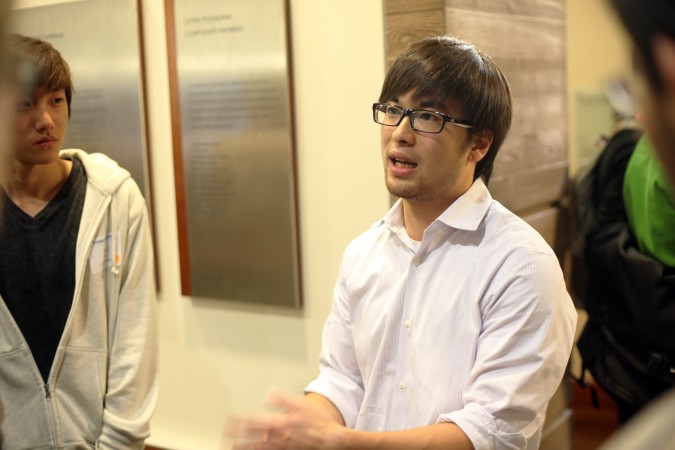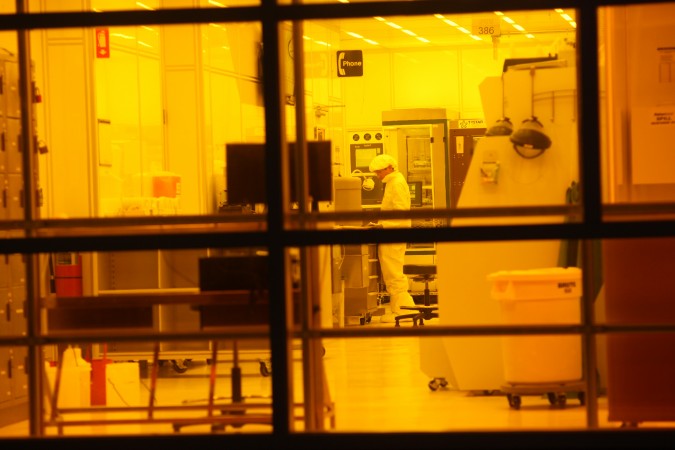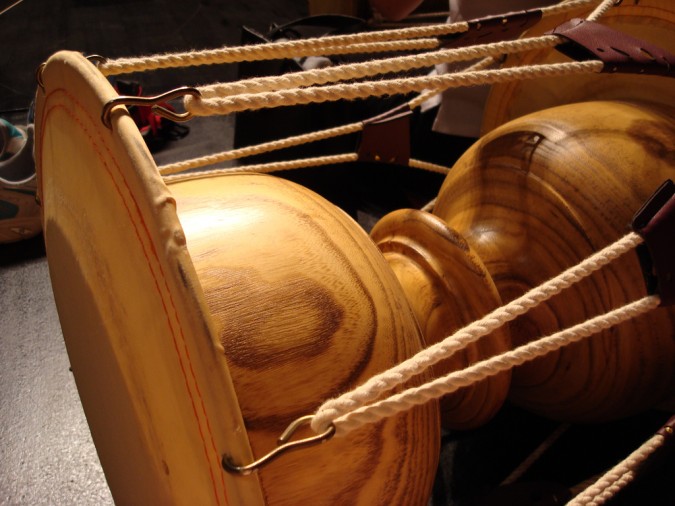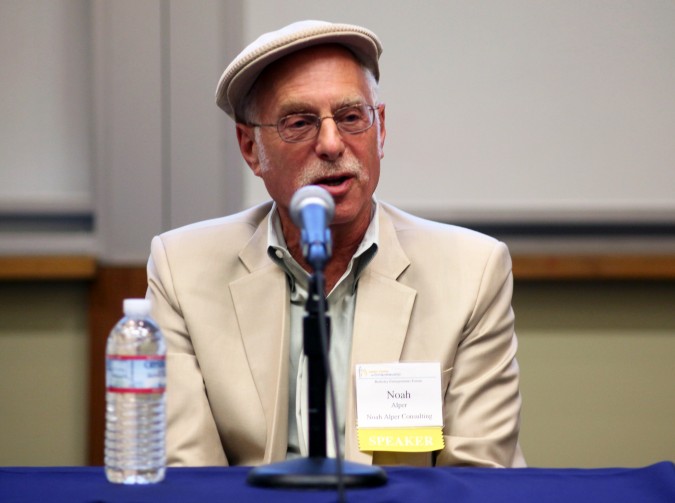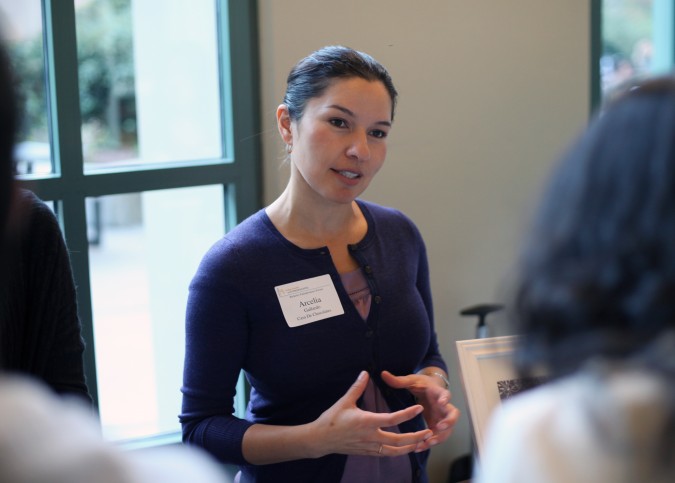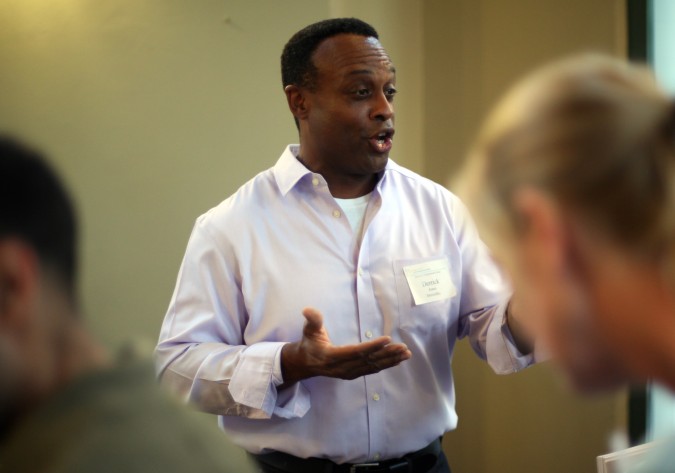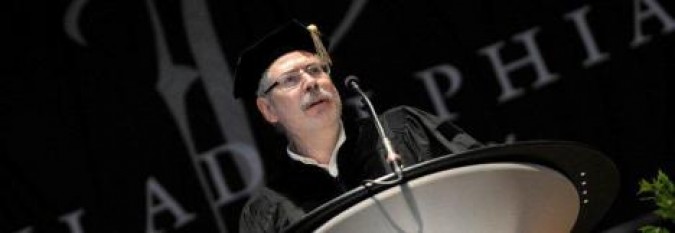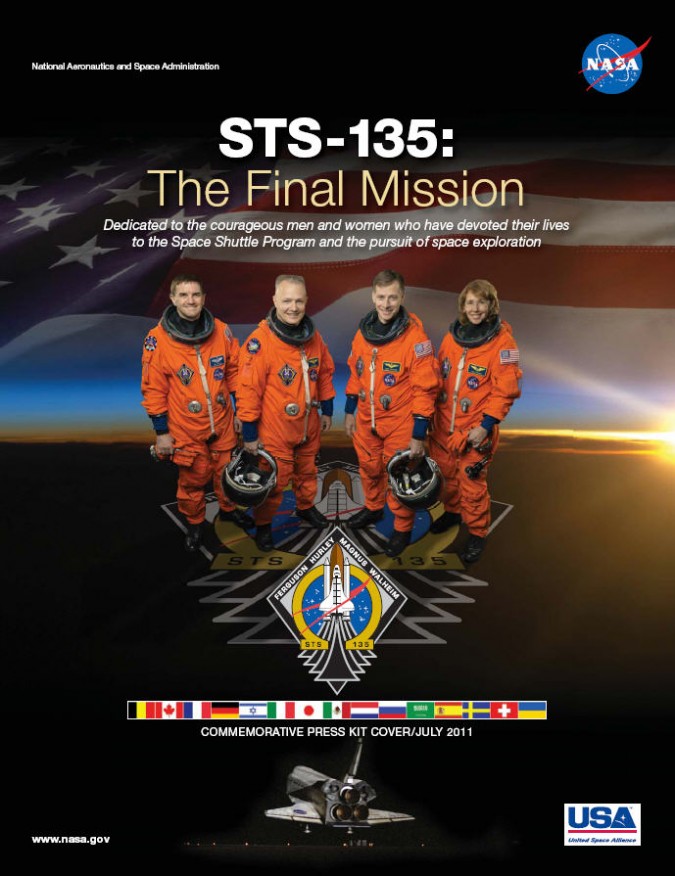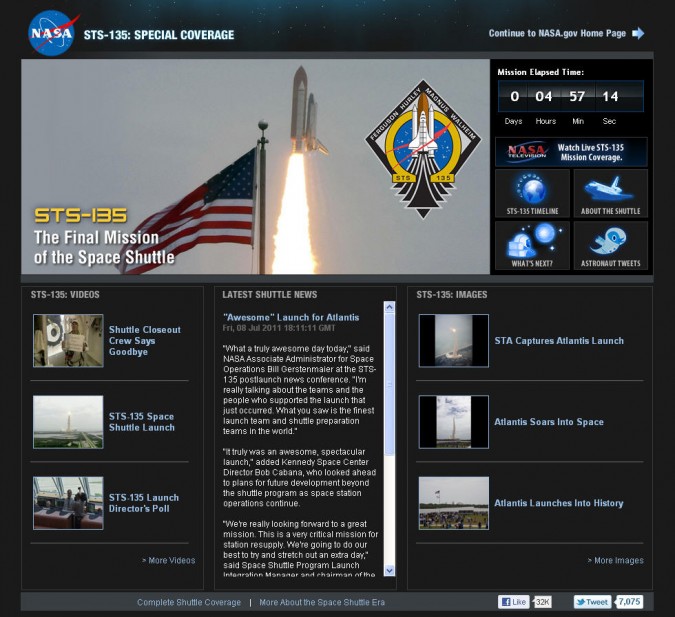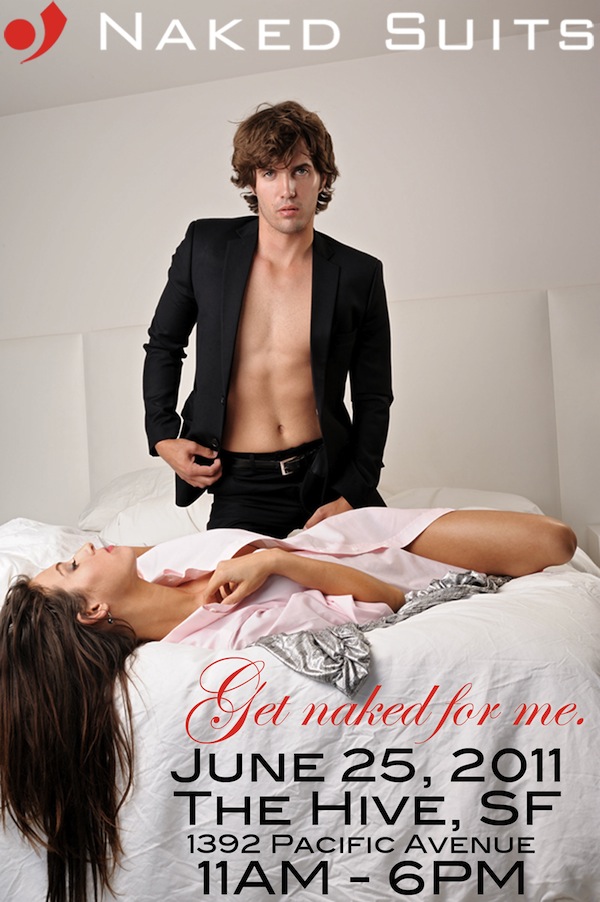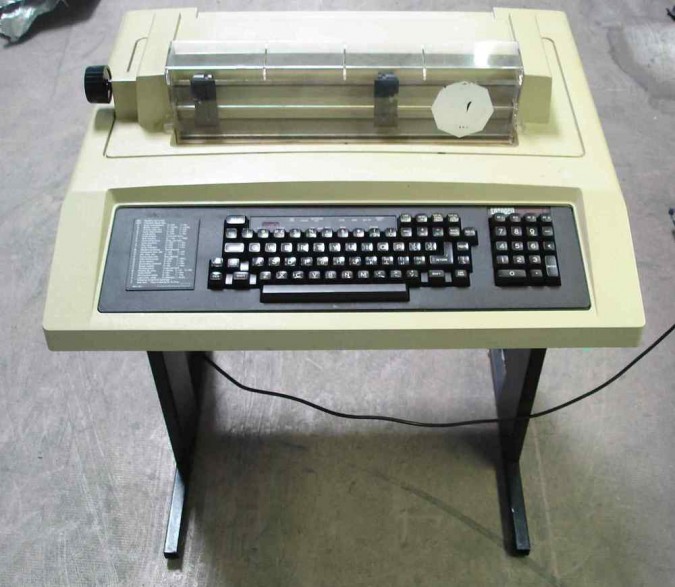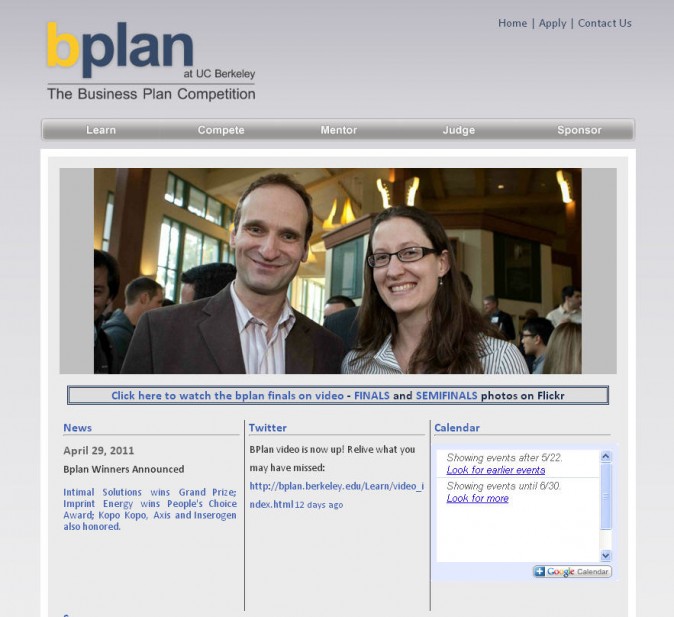Archive for the ‘Education’ Category
Berkeley Entrepreneurs Forum at Google, Inc. headquarters, October 27, 2011
Thursday October 27, 2011, I attended the first Berkeley Entrepreneurs Forum ever held away from the University of California at Berkeley campus.
The Forum was held in Building 40 at Google, Inc. headquarters in Mountain View, California USA. Getting to the event was a challenge because Google was throwing a huge celebration for the Indian national holiday Diwali. As a result, parking was tight and there were hundreds of people in the huge courtyard between the massive Google buildings. I’m not complaining for it was festive and an adventure. I photographed the 6,000 burning candles artfully arranged in the courtyard, as you can see at the bottom of this post. There was a live band. The Google cafeteria was packed. It was exciting.
The Entrepreneurs Forum was a small event compared to the outdoor Diwali celebration.
The title of the Forum was ‘Power Hungry: Developments in Energy-Efficiency Technologies for Data Centers.’ This was an appropriate event to have at Google, which I suspect runs the largest collection of computers in the world.
I learned a lot at this forum. For example, computer rooms that are chilly are computer rooms that are horribly inefficient. Modern servers can run fine at temperatures around 85F degrees, and sometimes even warmer. Here’s the official video, immediately above.
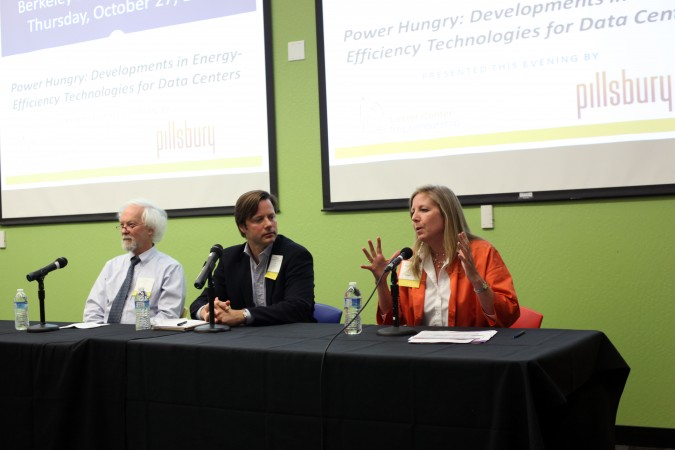
Dale Sartor, John Robison and Joyce Dickerson on panel at Berkeley Entrepreneurs Forum, October 27, 2011
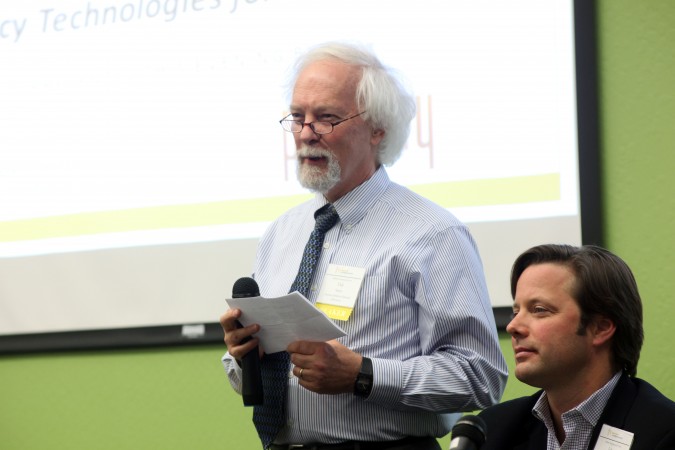
Dale Sartor, P.E., Applications Team - Environmental Energy Technologies Division, Lawrence Berkeley National Laboratory. Berkeley Entrepreneurs Forum, October 27, 2011
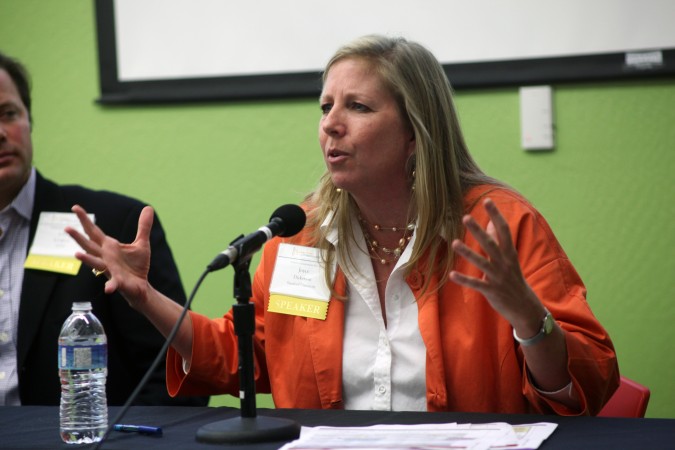
Joyce Dickerson, Sustainable IT at Stanford University, at Berkeley Entrepreneurs Forum, October 27, 2011
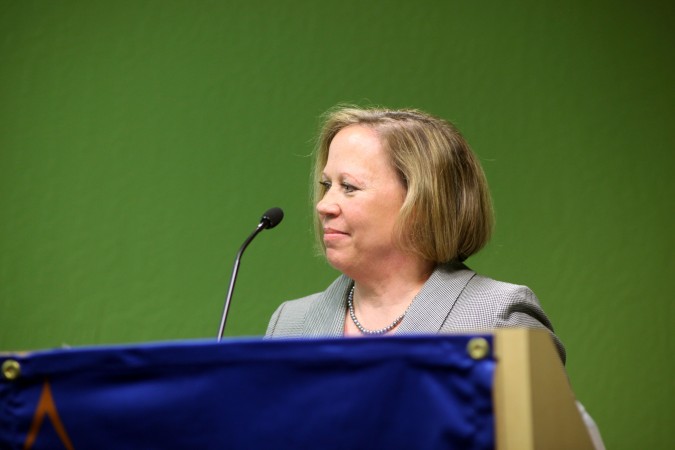
Sylvia Burks, Partner, Pillsbury Winthrop Shaw Pittman LLP, at Berkeley Entrepreneurs Forum, October 27, 2011
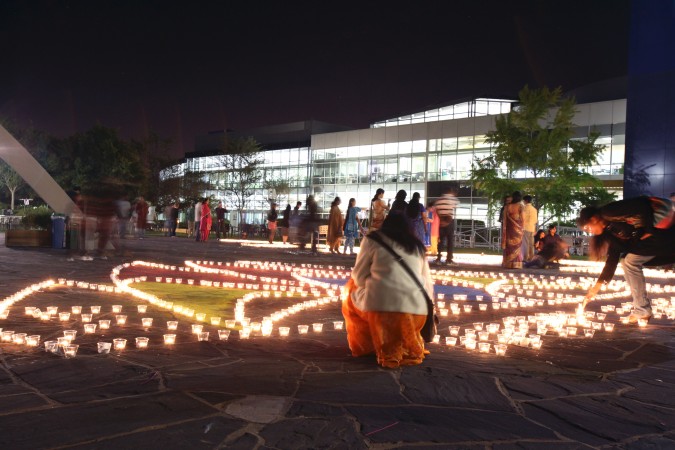
Diwali Festival of Lights with 6,000 candles at Google, Inc. headquarters in Mountain View, California, October 27, 2011. Photograph by Kevin Warnock.
[Note: I received a free pass to this event courtesy of my membership on the Advisory Council for the Berkeley Entrepreneurs Forum. I am writing here as a private citizen, not in any official capacity with UC Berkeley or the Berkeley Entrepreneurs Forum.]
UC Berkeley Founder School Demo Day
On October 6, 2011, my birthday, I attended the first Demo Day for the brand new Founder School at the University of California at Berkeley.
Without question, I was exceptionally impressed with the results of Founder School as explained at Demo Day. In fact, I was more impressed with what I learned and saw than I have been by anything else I have ever seen at UC Berkeley.
The only events that can compare for shear impact were two rock concerts I saw years ago — the B52s promoting what I consider their best recording Wild Planet at the Zellerbach Auditorium, and Alanis Morissette promoting Jagged Little Pill at The Greek Theatre.
Yes, I am comparing presenters at a geeky entrepreneur event to actual rock stars, which I’ve never done before.
Founder School was that impressive.
Here’s the video of the event so you can see what I am talking about here:
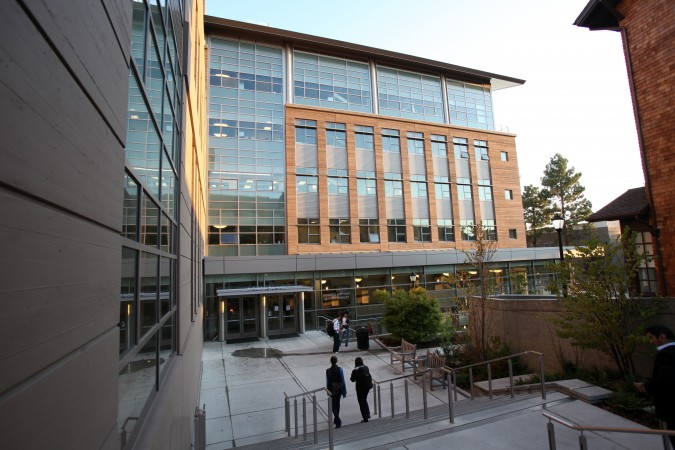
Founder School Demo Day was held at Sutardja Dai Hall at the University of California at Berkeley campus
The website for Founder School does a good job of describing the basics of what it is. But their site doesn’t capture the excitement I felt at Demo Day. What got me so excited?
First and foremost, Founder School is more than even the most ambitious business plan competition. I am a fan of business plan competitions, and have judged three separate competitions at three schools within UC Berkeley over the years. But those competitions are all outclassed by Founder School, because Founder School resulted in three out of the five companies raising USD $3,000,000 before Demo Day. The biggest prize I have ever seen at a university business plan competition is USD $50,000. It’s possible to start a company on well below $50,000, of course. But Founder School companies that raised money raised an average of USD $1,000,000 each during a program that was just ten short weeks. It’s much more possible to start an important company on $1,000,000 because that’s enough to hire paid staff, where $50,000 really isn’t.
The next feature of Founder School is that it’s the first large scale jointly run event sponsored by The Center for Entrepreneurship and Technology (CET) and The Lester Center for Entrepreneurship. The technology I saw as a judge for the business plan competition at the engineering school in about 2006 was more memorable and to my eye more sophisticated than what I usually see at the larger Berkeley Business Plan Competition. I’ve been telling people for years that the engineers need to be incorporated more into the teams for the Business Plan Competition. The Business Plan Competition teams are far too heavily weighted towards MBA candidates, to the decisive detriment of the teams.
Founder School was conceived by serial entrepreneur Steve Newcomb. He approached Jennifer Walske, Director of Social Entrepreneurship at The Lester Center, shown in the picture above. Walske then introduced Newcomb to Andre Marquis, the executive director of The Lester Center. Marquis and Newcomb had a series of meetings, and Ikhlaq Sidhu was brought into the mix. Sidhu is Director of CET, the Center for Entrepreneurship and Technology at UC Berkeley. Newcomb, Marquis and Sidhu worked together to make Founder School happen. From what I can gather, the success of Founder School was a huge group effort, with many more than these three people contributing tremendous effort. I gather that it would never have happened and been successful without the relentless push provided by Newcomb, who has started a sold an impressive series of companies.
Here’s some background on the graduating companies, from the Lester Center website:
Thirst: Building new web and iOS apps that will use proprietary natural language processing technology for social media (think Rapportive or Xobni for Social Media).
Soragora: Augmented reality app allowing users to see the world in a novel way-simply point your phone at any nearby business, restaurant, landmark, or point of interest and learn all about it!
Flotype: Software that lets programmers build massively scalable web applications using Node.JS.
500Friends: Innovative Software-as-a-Service platform that enables leading e-commerce retailers to increase customer retention, acquisition, average order value, and social media engagement by rewarding shoppers not only for purchases but also for brand promotion, product referrals, and creating UGC.
I’m not sure if there were any MBA students on the teams at Founder School, but the staff of The Lester Center was prominently featured and highlighted, so I think in future years more and more mixing of business students with engineering students is likely.
I think that’s key to getting a Google or Apple sized company to come out of the University of California. Are you beginning to understand why I am so ecstatic?
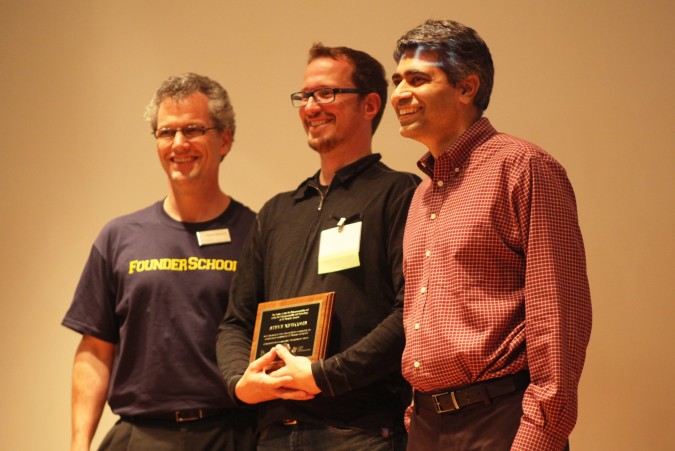
Andre Marquis, Steve Newcomb and Ikhlaq Sidhu. Newcomb showing his award plaque recognizing his contribution to Founder School.
Another great perk provided by Founder School is the access it has arranged for graduating companies to present at SFBeta. For those of you who don’t know it, SFBeta is Bay Area’s ‘finest startup mixer’ according to their website. The founder of SFBeta is Christian Perry, in the green shirt immediately above. Perry invited everyone in the audience to attend as his guest the next SFBeta event on November 8, 2011. For those not in the audience, here’s the link to buy a ticket to attend the November 8, 2011 SFBeta.
Yes, it’s nice to give companies a soapbox on campus to talk about their startup, but the real movers and shakers of the Internet world don’t come to Berkeley to see these pitches. Instead, they’re at events put on by TechCrunch, AlwaysOn and other industry taste makers and pace setters. To my knowledge, no winning teams from any other business plan competition at Berkeley have been awarded guaranteed spots to demo at SFBeta.
I predict that next year the graduates of Founder School will be covered the day after Demo Day by TechCrunch, as it’s likely others have noticed the results this year and won’t miss it next year.
The video above shows the graduating teams describing their startups, and they do it better than I could write about it, so please watch the full video, even though it’s over an hour. It will be an hour that will change your impression of UC Berkeley, I promise.
I introduced myself to Steve Newcomb, the instigator of Founder School. I told him then that what I had just seen was the most impressive thing I had ever seen at UC Berkeley. I’ll say it again here in case he’s reading this.
Founder School is the most impressive thing I have ever seen at the University of California at Berkeley.
I want to help put on Founder School next year. Please let me know how I may contribute.Here’s a short clip of the networking hour and the audience as they’re taking their seats. These scenes are not included in the official video above, but they capture some of the energy and sold out excitement of the event, so I am publishing this clip.
[Note: I am a member of the Advisory Council for the Entrepreneurs Forum at The Lester Center for Entrepreneurship. I am a Venture Coach at CET. I am writing here as an independent blogger, not in any other capacity.]
EGO: UC Berkeley Traditional Korean Drumming (P’ungmul)
On Friday, October 6, 2011, my birthday, I attended Founder School Demo Day on the University of California at Berkeley campus. As I was heading back to the Bay Area Rapid Transit train station, I heard a loud and surprisingly good percussion performance. I followed my ears and discovered the student group named ‘EGO: UC Berkeley Traditional Korean Drumming (P’ungmul).’ Here’s some information on Korean musical instruments.
I had my good camera with me since I took photographs and video at the Founder School Demo Day. I was so impressed with the drumming that I switched lenses to my Nikon 50mm F1.4 lens that I’ve had since college.
I waited for a break and then started capturing video in the extremely low light conditions, since it was about 9pm and the open gathering spot wasn’t illuminated except by sunlight bouncing off the moon and a street light in the distance.
I introduced myself to the students at the conclusion of the piece I recorded. Dan Kong explained that EGO is student group that practices and performs traditional Korean percussion works. I gave him my gOffice business card as I was out of my new blogger cards, having given them all out at the Demo Day.
I explained to the students I am a blogger and that I liked what I heard and saw so much that I planned to write about it and post the video. I made sure they were all OK with that, as I didn’t know for certain if they might be doing something the university might object to, like make a LOT of noise on campus. The students assured me it was fine to post, and they were excited they were about to get some ‘press’, I gathered.
Sadly, I know little about percussion groups or compositions. But I liked what I heard very much. Kong and the other students asked me to mention that they were just practicing, so there were likely to be some errors in their playing. I didn’t detect any errors.
Kong emailed me later that night and provided me with the address to the Facebook page of their group. Here’s a bit of what he had to say to me in his email:
“Sorry about our brief conversation; like I was saying we were practicing for our performance tomorrow and I felt like our conversation may have somewhat been curtailed. I just wanted to provide you with a little bit of info on the piece we were playing, called 사물놀이 (Samulnori which literally translates into “entertainment of four instruments”), and as you may have noticed, there ware four different types of instruments, each representing a weather conditions of: thunder, rain, wind and cloud.”
I captured the video in full HD, but I uploaded it at less than full HD size since I’m running out of space on my main iMac, so I didn’t have room to process the full size file, which was nearly 3 gigabytes.
The video doesn’t capture the impact of this group. I was mesmerized watching them, as they displayed genuine enthusiasm, excitement, and from what I could tell, skill. I hope to see them perform a finished and fully rehearsed piece one day.
Food Entrepreneurship: Surviving the Recession – Strategies to Remain Profitable in Hard Times
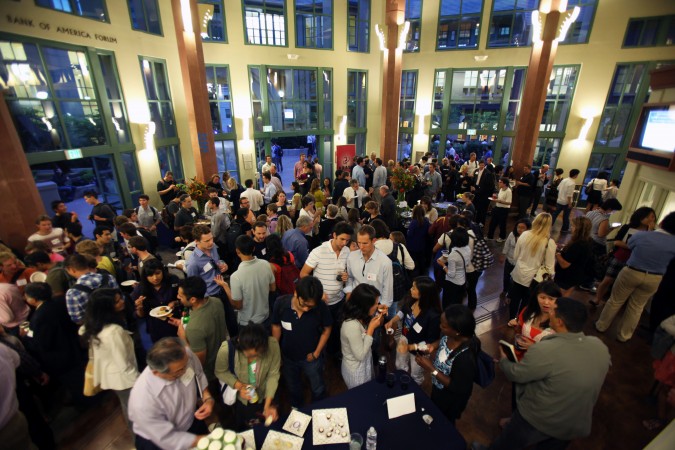
Networking hour at the Berkeley Entrepreneurs Forum, September 22, 2011. Photograph by Kevin Warnock.
The Lester Center for Entrepreneurship has been hosting The Entrepreneurs Forum for about 20 years. I have been attending the forums for about 19 years. I have written occasionally about some of the events, such as when the finals for the Berkeley Business Plan Competition are held.
I have never tried to simply write about each forum to spread the word about what goes on there. I am a big fan of the forum, and I like to blog, so you would think it would have occurred to me to blog about each forum. But I didn’t think to start regular blogging about the forum until yesterday afternoon, hours before the forum last evening.
I brought my Canon 5D Mark II DSLR camera and shot some stills and video. I uploaded the stills at full resolution. Click once on a picture to present it alone on a webpage, and then click a second time to enlarge the picture to full 21 megapixel size.
The title of the forum this month was Food Entrepreneurship: Surviving the Recession — Strategies to Remain Profitable in Hard Times.
Here’s the description of the event from the website of the forum:
“The Bay Area is home to many innovators in the food industry. Each year, new food start-ups crop up at the ready to take their products to market. It is a notoriously competitive industry, made more difficult in a down economy. Come hear from Noah Alper, the Founder and former CEO of Noah’s Bagels, and in-the-trenches executives of food companies as they discuss lessons learned in the challenges of a down market and how their companies have responded to them.
The evening will also include a special networking hour, prior to the panel, featuring displays from some of the Bay Area’s most beloved, as well as up and coming food companies including 18 Rabbits Granola & Bars, Alicia’s Tamales Los Mayas, Bridge Brands Chocolate, Casa de Chocolates, Fava, Slow Girl Foods and Sukhi’s Gourmet Indian Foods. [note I removed one of the companies linked to from the forum website because there appears to be a technical problem that needs to be fixed before visiting.]”
This session sold-out Andersen Auditorium last year and is not to be missed for anyone interested in the business of food!”
There were perhaps a dozen food businesses in attendance. To promote their products, each business set up a table in the Bank of America Forum, the large lobby area outside the Anderson Auditorium where the forum programs are usually held. The food was delicious and photogenic.
The panelists Bob Burke, Joel Gott and Noah Alper were engaging and entertaining. I learned a lot about the restaurant business, a business I knew little about before this forum. The panel was moderated by Greg Beattie, a Partner at MBV Law.
I was surprised to hear Burke give what I thought was a good word for Groupon, a company I don’t think much of. He said it’s expensive but it drives instant traffic into restaurants.
All the panelists were very bullish on social media. Burke said traditional media like print and radio has mostly been supplanted by social media. Burke advises some fancy restaurants. I was surprised social media is now so important to costly restaurants.
Perhaps the most famous panelist was Noah Alper, the founder of Noah’s New York Bagels, which he built into a chain of 38 stores before he sold them in 1995 for USD $100,000,000.00. Noah’s Bagels is an institution in the San Francisco Bay Area where I live.
Alper warned against giving out free product to drive store traffic. He said Noah’s Bagels tried that once and their stores were overrun with guests for the day of the promotion. However, he said traffic died back down to exactly normal just a few days later. The result was they had given away a ton of bagels for free with nothing much to show for it.
Gott said that the employees his businesses are able to hire during this recession are truly outstanding compared to during the original dot com boom in the late 1990s. He said they get stacks of resumes from great candidates. He said employees in San Francisco cost him 5% more than elsewhere, a figure I was surprised by since the City requires restaurants to provide sick days and health coverage, unlike almost all other jurisdictions in the United States.
I met and spoke with the founders of two of the exhibiters:
Casa De Chocolates — Arcelia Gallardo, chocolatier and owner — casadechocolates.com
I was drawn to Gallardo’s chocolate display by the sparkly sheen of the shiny smooth half spheres of rich chocolate. The sparkles were reminiscint of metalic automobile finishes — I’ve never seen such beautiful chocolate before. I spoke for a few minutes with Gallardo, and she told me how she got into the chocolate business. Sadly, I didn’t write any notes, and over the excitement of the rest of the night I forgot what she said. Here’s what the ‘about us’ page of her company’s website has to say about Gallardo:
“Arcelia Gallardo, owner and chocolatier, is passionate about pre-Columbian culture, chocolate and food. She started the company after graduating from UC Berkeley while working at the Le Cordon Bleu culinary school in Pasadena and has received training from world renowned pastry chefs Ewald Notter and Andrew Shotts. She was also a chef instructor at the Summer Cooking Academy in Los Angeles where she taught children and teenagers to work with chocolate.”
Derrick Sky — Mr. Derrick Jones, owner — www.derricksky.com (note that you must prepend ‘www.’ to derricksky.com or the website won’t load)
Derrick Jones started Derrick Sky in 2009 after he almost died due to his undiagnosed food alergies. I tried all of his company’s products on display without knowing the story behind them. The products were apparently all vegan, delicious, inventive and scrumptious. It turns out they are perfect for those with allergies. I normally avoid gluten free products since I’ve assumed they sacrifice taste. But Jones’ products were really tasty, and I wasn’t aware I was eating something special for those with restricted diets.
The Berkeley Entrepreneurs Forum is captured to video by a professional videographer. The full video is typically posted to the Lester Center website a couple of weeks after each forum. The official videos don’t include two key parts of each forum — the networking hour and a sequence of short ‘elevator pitches’ called ‘the numbers.’ I made a recommendation last evening to the videographer that he begin taking video of the elevator pitches. I think these pitches are part of what makes the forum special. I am fond of these pitches because I was a ‘number’ in early 1999 and I raised money for my first Internet company as a direct result of that pitch. I think these pitches should receive a wider audience than just those in the room, which is why I have decided to capture and publish them until the forum itself takes over, if ever. Note that I will be very upset if these videos are ever used to get somebody in trouble. The Berkeley Entrepreneurs Forum is a small gathering of smart people. If people ask for something in a pitch, please don’t give it to them casually. Investigate carefully, and be sure to comply with rules of the relevant authorities, such as the United States Securities Exchange Commission. By posting this clip and ones like it in the future, I do not intend to make any public offering, and I do not intend any harm to any presenter. I do not know any of the ‘number’ presenters.
[Note: I am a member of the Advisory Council for The Entrepreneurs Forum but I am writing here as a private citizen. The views I express here are my views alone, and I do not represent the Advisory Council, The Entrepreneurs Forum, The Lester Center for Entrepreneurship, the Haas School of Business or The University of California.]
I’m a Venture Coach at the Center for Entrepreneurship & Technology
Since about 2005 I have been a Venture Coach at the Center for Entrepreneurship & Technology at the College of Engineering at University of California at Berkeley.
I haven’t done much coaching recently, but when I was helping out regularly, it was a lot of fun. I sometimes had groups of six students in my office. The last time I met with students as a Venture Coach was in 2010.
I will make a special effort to participate in more events this coming academic year. I am very impressed with the quality of ideas from Berkeley’s engineering students.
One of the prototypes I saw in about 2006 particularly impressed me. A team made a refrigerator compressor as small as half my thumb. The compressor used so little electricity it could be powered by a single solar panel, yet it was so capable it could cool down an ice chest like you would take to the beach. The entire solar powered refrigerator would be able to be sold for USD $100.
I don’t know what became of the concept. I still think it’s a great idea. The team had in mind selling these eco refrigerators in the developing world, but I think they would sell well in much of the world, including at Target and Amazon. Who wouldn’t want to dispense with ice on a day at the beach?
Steve Blank’s Philadelphia University commencement address
Here is the best commencement address I have ever heard or read. It’s by Steve Blank. I’ve written about Steve Blank and his writing before.
I consider his Four Steps to the Epiphany book to be the most important book for entrepreneurs to read.
Blank gave this speech May 15, 2011 at the commencement for Philadelphia University.
Here’s one story from the speech that particularly resonates with me. When Blank was a young man he was in the United States military. He volunteered to go to Thailand and he kept volunteering once he got there. His enthusiasm and curiosity paid off, as you’ll see:
“Once again, I was going to see where the road would take me. Volunteering for the unknown…which meant leaving the security of what I knew…would continually change my life.
Two weeks later I was lugging heavy boxes across the runway under the broiling Thailand sun. My job was to replace failed electronic warfare equipment in fighter planes as they returned from bombing missions over North Vietnam.
As I faced yet another 110-degree day, I did consider that perhaps my decision to leave Miami might have been a bit hasty. Yet every day I would ask, “Where does our equipment come from… and how do we know it’s protecting our airplanes?”
The answer I got was, “Don’t you know there’s a war on? Shut up and keep doing what you’re told.”
Still I was forever curious. At times continually asking questions got me in trouble…
once it almost sent me to jail…
but mostly it made me smarter.
I wanted to know more. I had found something I loved to do.. …and I wanted to get better at it.
When my shift on the flightline was over, my friends would go downtown drinking. Instead, I’d often head into the shop and volunteer to help repair broken jammers and receivers. Eventually, the shop chief who ran this 150-person shop approached me and asked, “You’re really interested in this stuff, aren’t you?” He listened to me babble for a while, and then walked me to a stack of broken electronic equipment and challenged me troubleshoot and fix them.
Hours later when I was finished, he looked at my work and told me, “We need another pair of hands repairing this equipment. As of tomorrow you no longer work on the flightline.” He had just given me a small part of the electronic warfare shop to run.
People talk about getting lucky breaks in their careers. I’m living proof that the “lucky breaks” theory is simply wrong. You get to make your own luck. 80% of success in your career will come from just showing up. The world is run by those who show up…not those who wait to be asked.
Eighteen months after arriving in Thailand, I was managing a group of 15 electronics technicians.
I had just turned 20 years old.”
I think most success people have is the result of them doing more than is expected, and I admire Blank for selecting such a concrete example from his past to illustrate this point.
While I’m mentioning important books, the book I consider the second most important for entrepreneurs to read is The Entrepreneurs Guide to Business Law, by Craig E. Dauchy and Constance E. Bagley. I used to work with Dauchy at Cooley LLP. He’s one of the most respected members of that firm, so I place a lot of faith in what this book has to say.
Final Space Shuttle launch today
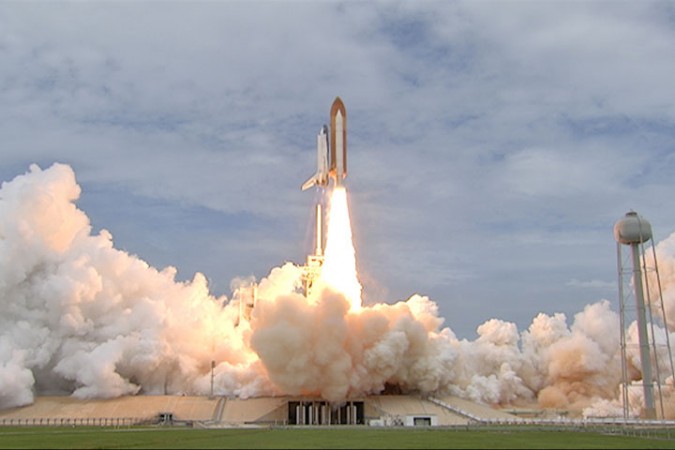
Today the final Space Shuttle launched successfully. Even though the launch happened just hours ago, there’s already a full Wikipedia article about just this final shuttle launch.
NASA, the United States agency that runs the shuttle program, prepared and distributed this comprehensive press kit, as a PDF.
Thirty years ago, in 1981, I was studying astronomy and computer programming at UCLA.
I didn’t have a television, like most students, but my friend Marcel Samek did, so a group of us hung out in his room in the Sproul Hall dorms, where we both lived.
Samek was extremely interested in the first launch, more than anyone else on the floor. I remember having to stay up all night to watch the launch, but I can’t remember why we couldn’t wake up early to see it. Was there a last minute delay? Anyone remember the launch time? According to Wikipedia, the first shuttle launch was April 12, 1981.
I credit Samek with particularly sparking my interest in computers and writing software. He went on to be CTO of Electronic Arts in Los Angeles, California, and now is CEO of his game startup Machinima Magic. I haven’t spoken with Samek in about 25 years, but we’ve exchanged a few emails in recent years.
Samek taught me a lot about UCLA’s IBM 4341 minicomputer, which is what I learned to program on. I just learned at the Wikipedia link I just cited that the maximum memory for the IBM 4341 was 16MB. This computer supported dozens of simultaneous users I recall, and that memory had to be shared among all of them.
I still remember the Televideo brand black and white character only dumb terminals. These monitors I viewed as a sumptuous luxury, because some of the older students were still using punch cards, like my father Robert Warnock used to use when I was a kid. I can still remember the substantial racket the punch card readers would make. Each card contained one line of programming code, so if you dropped your deck of cards it was a problem.
Watching the first shuttle launch was very exciting, even as exciting as watching the first person walk on the moon. I was so young for the moon walk I don’t remember much about it. My main memory was it was the first time we ever got to watch television at school. A teacher brought in her personal flip up portable black and white TV, with a screen about 10 inches across. Dozens of kids gathered around that screen for the event.
Naked Suits unveiling
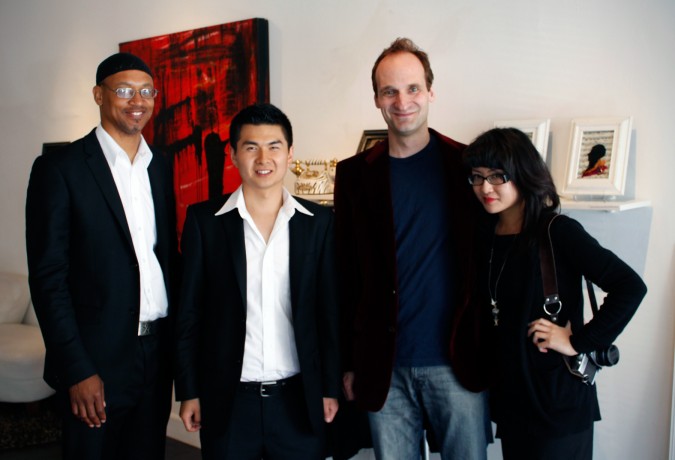
Naked Suits unveiling party June 25, 2011 - Adisa Banjoko, Ming Chang, (guest) Kevin Warnock, Judy Hoang.
On April 27, 2011 I was a judge for the Made for China Entrepreneurial Pitch Competition and Startup Fair at University of California at Berkeley.
This was a fun evening, and I made some new friends, including Ming Chang, CEO of Naked Suits.
Liu Nan had earlier arranged for me to be a judge. I met Nan at the Berkeley Entrepreneurs Forum about six months ago, and we stayed in touch.
I love judging business plan competitions.
The winner of the Made for China event is a fascinating company with the provocative name Naked Suits. Here’s a video of the team receiving their first place prize at the actual competition. They win at 5 minute marker in the video. (You can see me in the far lower right at the 5:45 marker, taking a picture with my iPhone.)
Naked Suits is a clever name.
The Naked Suits idea is that their suits are so breathable, lightweight and durable that you feel as if you’re not wearing anything at all.
While their website doesn’t say so, I understand they are using fabric that is made with nanotechnology so that it repels water and most stain causing substances.
At the unveiling, Chang set up a testing station with fabric swatches and bottles of Two Buck Chuck, the famous red wine sold by Germany’s Trader Joe’s grocery store.
I personally poured an entire glass of red wine over a Naked fabric swatch and the fabric did not get stained. The wine rolled off and the fabric remained dry once I dusted the droplet balls of wine off the fabric. None of the wine balls absorbed into the fabric. I was impressed, and that’s why I’m writing this post.
I don’t wear a suit more than about twice a year. I will put on a suit for a wedding or funeral, but I never wear a suit for work or for a date. I’m much more into sports jackets and jeans for all but the most formal occasions. So I’m not likely to buy a Naked Suit, at least until they come out with a line of sports jackets.
The suits are nice.
They are handmade in Shanghai, China without fusing, a kind of heat activated glue used on many suits.
There is red piping along the inside lining that just pops visually. It’s very eye catching, and when someone catches a glimpse of the inside of a jacket, this red bead should signal that this is a costly and luxurious product. I’ve never seen such an eye catching detail on the inside of a men’s suit jacket before, and I have looked at a lot of suits over the years. I used to wear a suit five days a week when I worked at Cooley as a programmer.
Naked Suits are a bargain at USD $695. Handmade suits usually cost a lot more. I wish Naked Suits the best of success with their exciting venture. In all my years of judging business plan competitions, I have never seen a team attempt to enter the hotly competative fashion industry. Chang and his team show a flair for the dramatic, so I like their chances. Check out the flyer they put together for their Naked Suits unveiling. This looks like it could have been produced by an established fashion brand. I’m a photographer and I like it.
The picture at the top of this post shows me with three members of the Naked Suits team.
300 baud modem from 1964 still works
Here is a fun video that shows a guy getting on the Internet via his modern laptop from home via a 1964 wooden boxed 300 baud acoustic coupled modem.
Students at my high school were using acoustic coupled modems in 1977. The modems were connected to terminals that I believe were connected to a large computer at University of Chicago.
When I say dumb terminal, I mean pretty dumb, because they didn’t have video displays. They were essentially electric typewriters hooked to a large computer that could support multiple users at once.
You would type a command, which would be printed on the fan-folded computer paper in front of you. The command would be sent ‘quickly’ over a 300 baud modem, and the textual response would be printed on the same green bar computer paper for you to read and act on.
Sadly, I never got to use these terminals, as they were for older students. I was in 9th grade at the time.
Here’s a video of one of these old DEC computer terminals in use with an old DEC minicomputer.
I wonder what advanced technology students at my high school are using today. I have little doubt they have access to supercomputers and exceptionally fast Internet connections. I’ve only used an exceptionally fast Internet connection for a few days, and it was like being on a local network. I downloaded a 500 megabyte file from 6,000 miles away in less than a minute. This connection was at a Dutch military college in The Hague, Netherlands, where I was staying during the ConTeXt conference in 2009. We had to plug our laptops in to jacks as there was no Wi-Fi available due to security precautions.
I understand residents in Hong Kong have similarly fast Internet connections for a low price. We should have these connections in the United States — why don’t we?
Below is a picture of a DECwriter III terminal like I remember from high school.
My mother Martha Warnock used to use at work a DEC PDP/11 minicomputer, but with a video terminal. I used to program on a DEC VT320 video monitor hooked to a DEC VAX minicomputer cluster. My brother Andrew Warnock used to help my mother program her DEC, and I remember to play video games on the DEC he needed a way to press the Enter key rapidly to make the game easier to play and more fun. He took apart the keyboard and soldered wires to the Enter key connections. Then, he made a motorized switch with rotating contacts that would make and break connection with each revolution of the motor. He attached this switch to the wires from the keyboard he had installed and now he could press Enter as fast as required by his game. This might sound rediculous to my readers, but this was in about 1979 or 1980, when the Commodore VIC 20 was considered a hot computer. My brother had one of those, but getting to use a DEC PDP/11 that cost tens of thousands of dollars I suspect was more exciting than using the VIC 20.
I’m on the front page of the Berkeley Business Plan Competition website
Here’s something I never expected:
My picture is on the front page of the Berkeley Business Plan Competition website.
I’m pictured with AutoTB Co-Founder and CEO Kelly Karns. AutoTB won the competition in 2009. This picture was taken by long time Berkeley event photographer Bruce Cook at the public finals awards ceremony on April 28, 2011.
I’m a judge and sponsor for the Berkeley Business Plan Competition, and I was a contestant in 1999.
